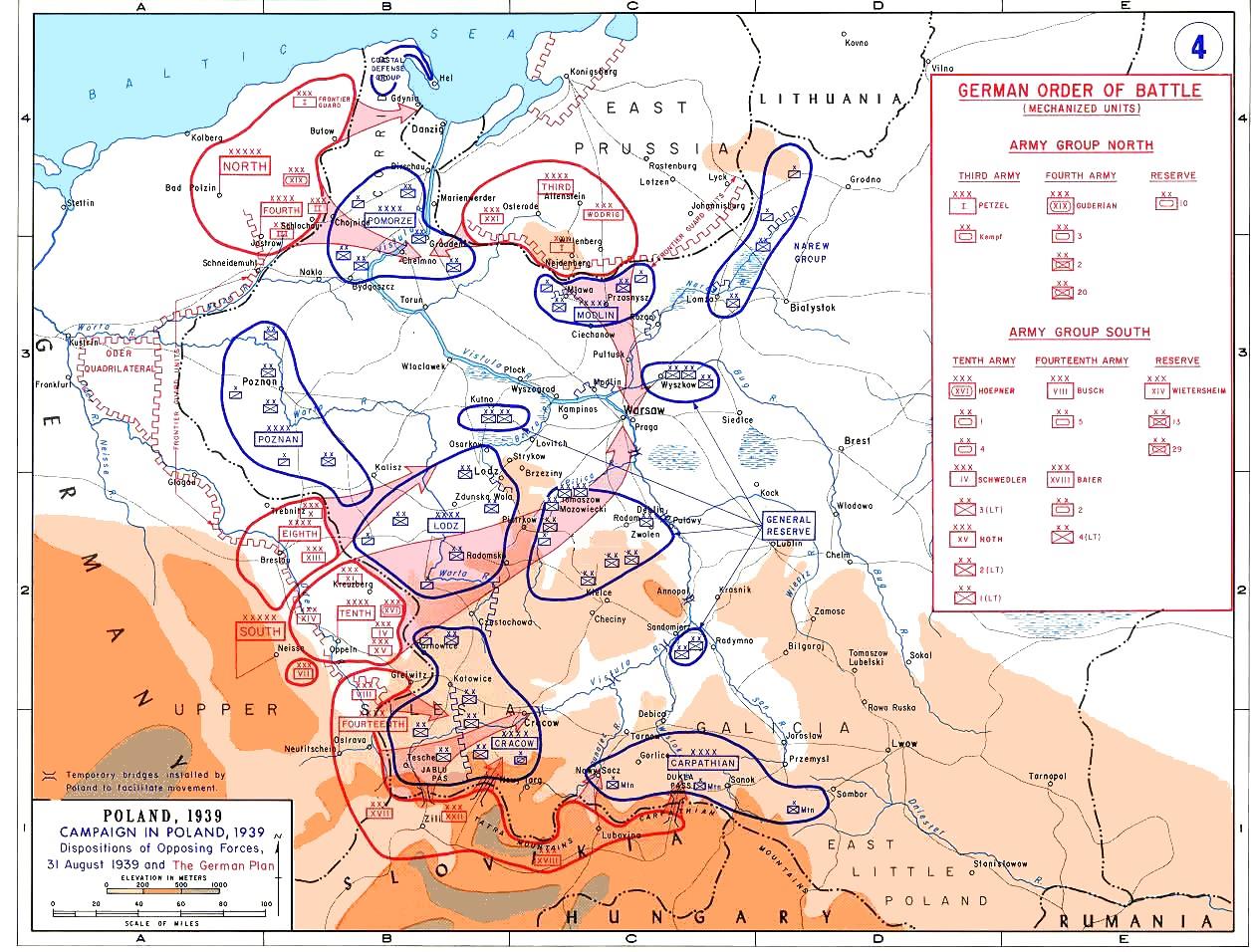|
Łowicz
┼üowicz is a town in central Poland with 27,896 inhabitants (2020). It is situated in the ┼ü├│d┼║ Voivodeship (since 1999); previously, it was in Skierniewice Voivodeship (1975ŌĆō1998). Together with a nearby station of Bednary, ┼üowicz is a major rail junction of central Poland, where the line from Warsaw splits into two directions - towards Pozna┼ä, and ┼ü├│d┼║. Also, the station ┼üowicz Main is connected through a secondary-importance line with Skierniewice. ┼üowicz was a residence of Polish primates in the PolishŌĆōLithuanian Commonwealth. They served as regents when the town became a temporary "capital" of Poland during the interregnum. As a result, ┼üowicz has its own bishop and a basilica in spite of its considerably small size. The ruins of a former bishop's castle can be found on the outskirts of town. Napoleon Bonaparte is believed to have stayed in one of the houses on the main square. Also, the town was at the centre of the largest battle of the German invasion of ... [...More Info...] [...Related Items...] OR: [Wikipedia] [Google] [Baidu] |
Łowicz County
__NOTOC__ Łowicz County ( pl, powiat łowicki) is a unit of territorial administration and local government (powiat) in Łódź Voivodeship, central Poland. It came into being on January 1, 1999, as a result of the Polish local government reforms passed in 1998. Its administrative seat and only town is Łowicz, which lies north-east of the regional capital Łódź. The county covers an area of . As of 2006 its total population is 82,338, out of which the population of Łowicz is 30,204 and the rural population is 52,134. Neighbouring counties Łowicz County is bordered by Sochaczew County to the north-east, Skierniewice County to the south-east, Brzeziny County to the south, Zgierz County to the south-west, Łęczyca County and Kutno County to the west, and Gostynin County to the north-west. Administrative division The county is subdivided into 10 gmina The gmina (Polish: , plural ''gminy'' , from German ''Gemeinde'' meaning ''commune'') is the principal unit of the administr ... [...More Info...] [...Related Items...] OR: [Wikipedia] [Google] [Baidu] |
Łódź Voivodeship
┼ü├│d┼║ Voivodeship (also known as Lodz Province, or by its Polish name ''Wojew├│dztwo ┼é├│dzkie'' ) is a province-voivodeship in central Poland. It was created on 1 January 1999 out of the former ┼ü├│d┼║ Voivodeship (1975ŌĆō1999) and the Sieradz, Piotrk├│w Trybunalski and Skierniewice Voivodeships and part of P┼éock Voivodeship, pursuant to the Polish local government reforms adopted in 1998. The province is named after its capital and largest city, ┼ü├│d┼║, pronounced . ┼ü├│d┼║ Voivodeship is bordered by six other voivodeships: Masovian to the north and east, ┼Üwi─Ötokrzyskie to the south-east, Silesian to the south, Opole to the south-west, Greater Poland to the west, and Kuyavian-Pomeranian for a short stretch to the north. Its territory belongs to three historical provinces of Poland ŌĆō Masovia (in the east), Greater Poland (in the west) and Lesser Poland (in the southeast, around Opoczno). Cities and towns The voivodeship contains 46 cities and towns. These are liste ... [...More Info...] [...Related Items...] OR: [Wikipedia] [Google] [Baidu] |
Battle Of The Bzura River
The Battle of the Bzura (or the Battle of Kutno) was the largest Polish counter-attack of the German invasion of Poland The invasion of Poland (1 September ŌĆō 6 October 1939) was a joint attack on the Republic of Poland by Nazi Germany and the Soviet Union which marked the beginning of World War II. The German invasion began on 1 September 1939, one week aft ... and was fought from 9 to 19 September.''The Second World War: An Illustrated History '', Putnam, 1975, Google Print snippet (p.38)/ref>Sources vary regarding the end date, with some giving 18 September and others 19 September. Brockhaus encyclopedia, Brockhaus Multimedial Lexikon gives 19 September 1939 as to the battle's end date. The battle took place west of Warsaw, near the Bzura River. It began as a Polish counter-offensive, which gained initial success, but the Germans outflanked the Polish forces with a concentrated counter-attack. That weakened Polish forces and the Pozna┼ä and Pomorze Armies were destro ... [...More Info...] [...Related Items...] OR: [Wikipedia] [Google] [Baidu] |


